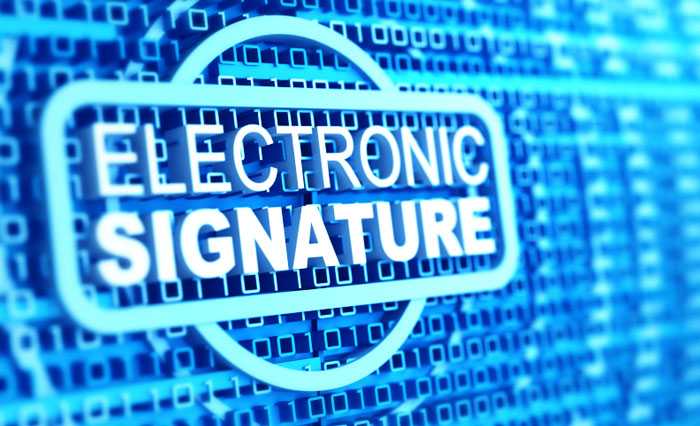There is no escaping the rapid advance of technology.
People are interacting in ways that would have been completely alien to businesses and their employees just decades ago.
Keeping in step with technological innovation, people are always seeking easier and faster ways to carry out their business.
Doing business with people all over the country leaves little room for physical documents, or the signatures that are commonly used on them.

